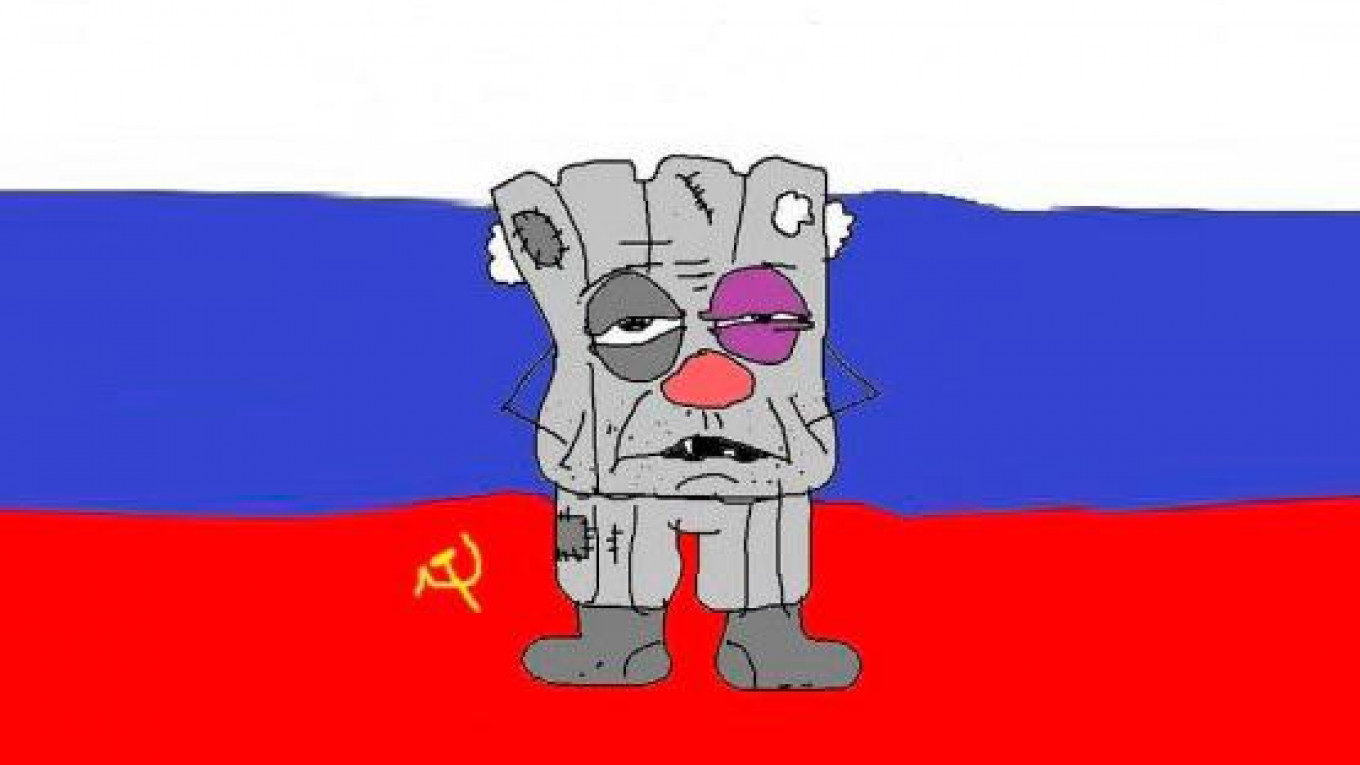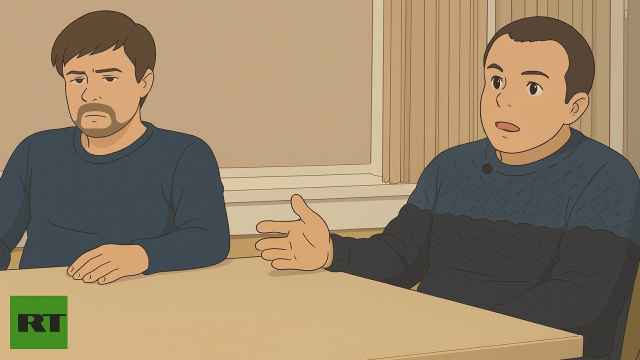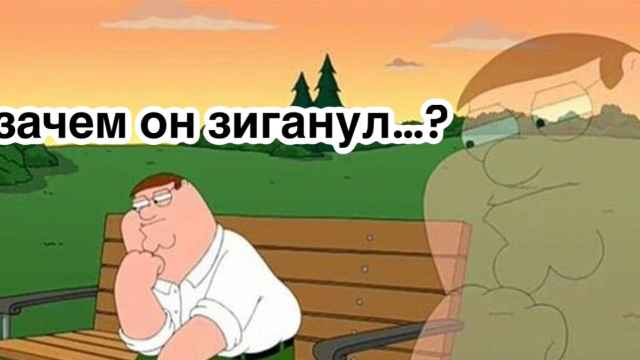He made the mistake of insulting “vata” — a pejorative for chauvinist Russian patriots — and now 19-year-old Alexander Gozenko will pay the price: 160 hours of mandatory community service, according to the news site Mediazona.
Gozenko’s conviction in Saratov is just the latest example of how Russian courts liberally interpret laws against hate speech, often using the criminal code to protect “social groups” that are defined by no immutable qualities, such as the police, state officials, and now “vatniki.”
According to psychological-linguistic expertise conducted by police, Gozenko demeaned the “human dignity” of a group of people “on the basis of national origin” in comments he posted on the social network Vkontakte in November 2015, when he called for a “holocaust of the vata.”
In November 2016, Russian officials blocked a community on Vkontakte called “Rashka: Square Vatnik,” which also mocked chauvinist Russian patriots. According to a ruling by a court in Omsk, the group offended ethnic Russians and Russian state officials, and depicted President Vladimir Putin in a Nazi uniform.
A Message from The Moscow Times:
Dear readers,
We are facing unprecedented challenges. Russia's Prosecutor General's Office has designated The Moscow Times as an "undesirable" organization, criminalizing our work and putting our staff at risk of prosecution. This follows our earlier unjust labeling as a "foreign agent."
These actions are direct attempts to silence independent journalism in Russia. The authorities claim our work "discredits the decisions of the Russian leadership." We see things differently: we strive to provide accurate, unbiased reporting on Russia.
We, the journalists of The Moscow Times, refuse to be silenced. But to continue our work, we need your help.
Your support, no matter how small, makes a world of difference. If you can, please support us monthly starting from just $2. It's quick to set up, and every contribution makes a significant impact.
By supporting The Moscow Times, you're defending open, independent journalism in the face of repression. Thank you for standing with us.
Remind me later.






